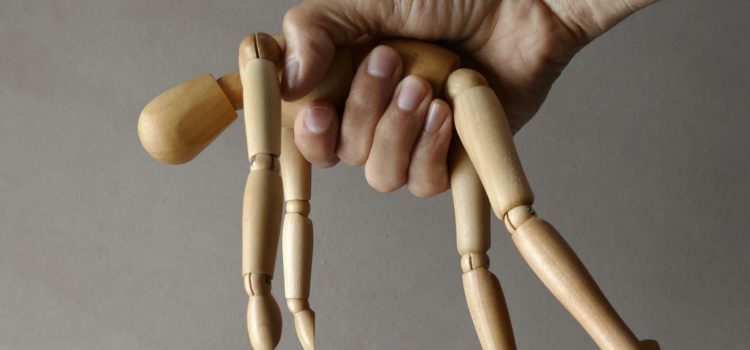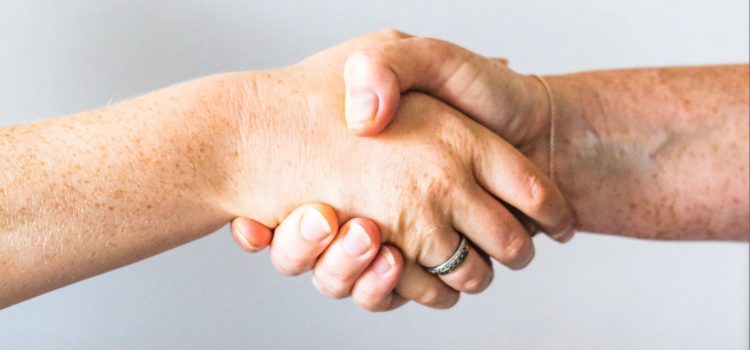What determines your sexual personality? Why do different people seem to have different levels of sexual desire? Are some people biologically wired to want more sex? Although everyone is born with the same brain mechanism that controls sexual response, certain aspects are distinct to each person. According to sex researcher Emily Nagoski, these differences produce unique sexual personalities that determine our individual sexual needs, such as what it takes to turn us on. In this article, we’ll explore the two-system mechanism in our brain that determines our sexual personality, including what it is, how it works, and how it varies
Sexual Personality: Understanding SES and SIS










